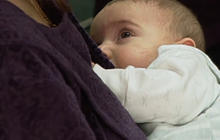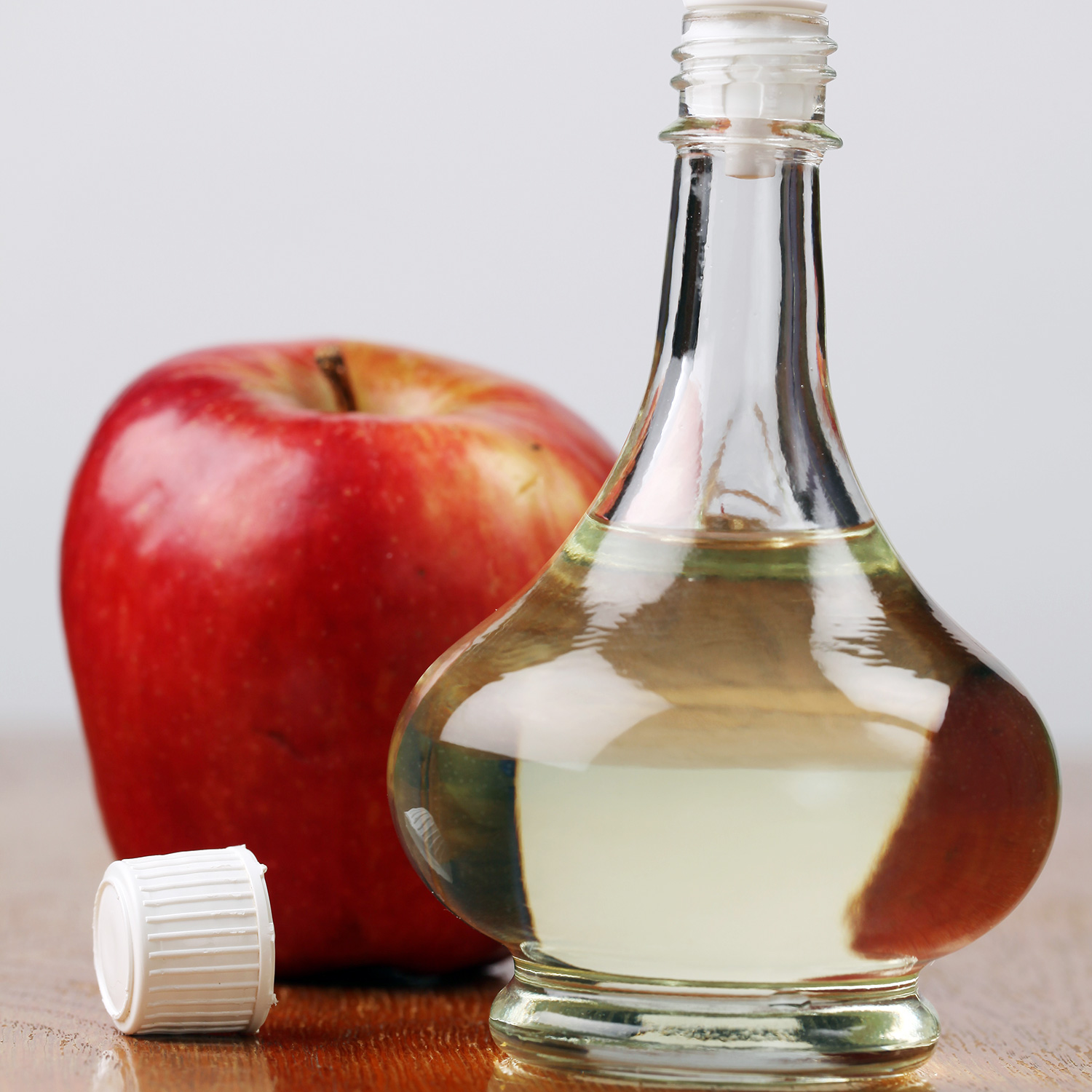Taking birth control pills may make women’s eggs seem old, at least as measured by two tests of fertility, a new study has found.
In younger women taking the pill, hormone levels associated with the ability to make mature, healthy eggs are more like those of older women than they are like the levels of younger women who don’t use these contraceptives, according to the study. Women on the pill also have fewer structures in their ovaries that can mature into viable eggs.

However, the new results don’t imply that the pill prematurely ages women’s eggs, the researchers said. Instead, the findings suggest that the pill obscures a woman’s underlying reproductive status, said Lubna Pal, director of the menopause and polycystic ovarian syndrome programs at Yale University. As a result, tests that are typically done to assess women’s fertility shouldn’t be done on women taking the pill, she said.
“Women should not be freaking out that they are losing their eggs” if they’re taking birth control, said Pal, who was not involved in the study. “These [tests] are yardsticks that should be applied only in the context of fertility assessments.”
A woman’s “ovarian reserve” is a measure that predicts how well her ovaries produce mature oocytes, or eggs, that can be fertilized. As women age, their ovarian reserve diminishes, leading to fewer eggs and to fewer that reach a mature stage.
Most doctors assess ovarian reserve by measuring the levels of anti-Mullerian hormone, or AMH, in the blood and by conducting a vaginal ultrasound to count the number of early-stage ovarian structures called follicles. Together, these two markers are strongly correlated with how a woman’s ovaries are aging. (Women nearing menopause tend to have lower values on these tests.)
In the new study, researchers looked at both markers in 833 Danish women between ages 18 and 46, including some who used oral contraceptives. Those who were taking the pill had 19 percent lower levels of AMH and 16 percent fewer early-stage follicles. Their ovaries were also much smaller than those of women who were not taking the pill.
The findings make sense from a biological perspective, Pal said.
The hormone levels that the researchers measured generally increase as eggs mature inside the follicles, in a process akin to a production line, she said. “So, if you suppress the ovarian function, particularly with higher-dose oral contraceptives, you are slowing that production line,” Pal said.
However, that doesn’t mean these women’s egg quality has permanently declined. Instead, hormonal birth control simply suspends the egg maturation process in an earlier stage.
Source: washington post












